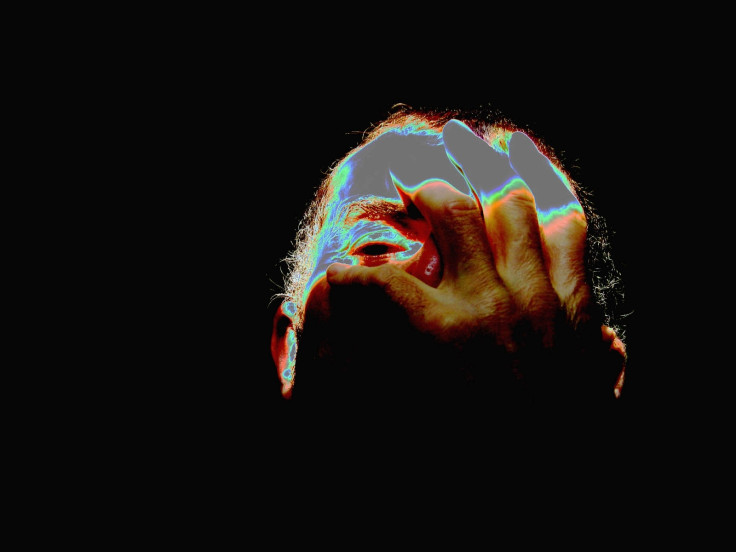'Suicide headaches' drive patients to try LSD and magic mushrooms to stop the pain
The psychedelic drugs have a similar structure to medications used to treat cluster headache.

Cluster headaches are so painful they have earned the nickname 'suicide headaches'. When the medication to alleviate this intense pain doesn't work, sufferers report using psychedelics instead to prevent the attacks.
Many cluster headache sufferers, and some people who get severe migraines, report turning to LSD and psilocybin – the psychoactive component of magic mushrooms – out of desperation at a lack of effective treatment, a study in the Harm Reduction Journal finds.
Up to 18% of the population suffer from migraines. A much smaller population – about 0.1 to 0.2% of people – suffer cluster headaches. These can both be debilitating conditions, leaving people entirely incapacitated during an attack.
Cluster headache suffers say that a single attack can be more painful than childbirth. But cluster headaches are never just single attacks. They are linked to the body clock, or circadian rhythm, and happen at the same time of day – within minutes – several times a day. This happens for up to 8 weeks on end once or twice a year, at the same time of year. During one of these episodes, sufferers are often unable to go about their normal daily lives. Most say that it is worse than any other pain they experience.
A lack of effective medication to treat and prevent these illnesses leaves sufferers as a "vulnerable and desperate" population, study author Anette Kjellgren of Karlstad University in Sweden told IBTimes UK.
"There is still a great need for treatment for these conditions, since so many patients reported in the forum they have not got adequate help, and desperately searched for something that could possibly be useful," said Kjellgren.
Not infrequently, these searches ended with illegal drugs. Kjellgren and her colleagues analysed reports on internet forums for discussing the conditions, to see how and why people used drugs like LSD and psilocybin to self-medicate.
"The stories on the forum are often about total helplessness, thoughts of suicidal behaviour or anything just to get rid of the pain. So this can lead to risky behaviour, also untested novel psychoactive substances or "internet drugs", which is mirroring their desperate need for help."
Forum users with cluster headaches reported that "cluster pain is an order of magnitude worse" than breaking bones, while others said, "I came pretty close to ending my life over it." The use of psychedelics appeared to help many users, Kjellgren found.
"It seems like these substances not only give relief during the attacks, they can also stop the vicious cycle of recurring episodes of cluster headache. We did not find so many indications for adverse effects either," she said.
It appeared that the users were not "drug romantic", she said, with no particular interest in discussing the psychoactive properties of the drugs. Other illegal substances such as cannabis were dismissed by users as triggering or worsening their headaches.
"It was very clearly stated how much of the substance to ingest in order to avoid psychoactive effects and just get relief," Kjellgren said. "It seems like the hallucinations are not essential for the drug to work for the headaches."
From a neurological perspective, this makes perfect sense, said Peter Goadsby, director of the NIHR-Wellcome Trust King's Clinical research Facility at Kings College London. LSD and psilocybin are chemically very similar to medicines used to treat cluster headaches.
"The fact that LSD or psilocybin have a useful effect for cluster headache doesn't surprise me in the slightest when you look at the structure. They're naturally occurring chemicals that look very much like the things we already use," said Goadsby.
"The important thing here is that this is a desperate group of people. Mainstream medicine ought to be listening to what they're saying. This is a cry for help, and we need to invest time in finding better ways to treat people with these problems."
© Copyright IBTimes 2025. All rights reserved.




















